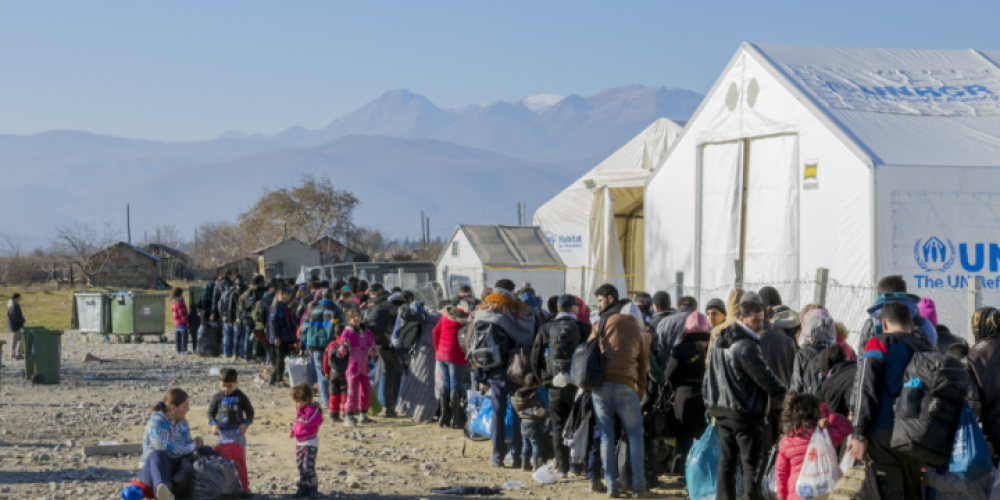
The collection and processing of personally-identifiable data is central to organisations working to deliver essential aid to vulnerable individuals. With the increased adoption of new technologies in recent years, and consequent increased complexity of data flows, there has been an increasing need for data protection guidelines that organisations can apply in their work.
The Handbook is aimed at the staff of humanitarian organisations involved in processing personal data as part of humanitarian operations. It builds on existing guidelines, working procedures and practices established in humanitarian action in the most volatile environments and for the benefit of the most vulnerable victims of humanitarian emergencies. It seeks to help humanitarian organizations comply with personal data protection standards, by raising awareness and providing specific guidance on the interpretation of data protection principles in the context of humanitarian action, particularly when new technologies are employed. It includes guidance on implementing specific new technologies in the context of international humanitarian action, including data analytics and ‘Big Data’; drones and remote sensing; biometrics; cash transfer programming; cloud services; and mobile messaging apps.
Data Protection in Humanitarian Action
Since July 2014, the Brussels Privacy Hub and the International Committee of the Red Cross (ICRC) have been running a project exploring the relationship between data protection law and humanitarian action. By building bridges between stakeholders involved in international humanitarian action and the data protection community, the project seeks to clarify the relationship between data protection laws and humanitarian action; assist humanitarian organizations with issues that arise in the scope of their work; and identify data protection concerns with use of new technologies in the humanitarian sector, and formulate appropriate guidance to address them.